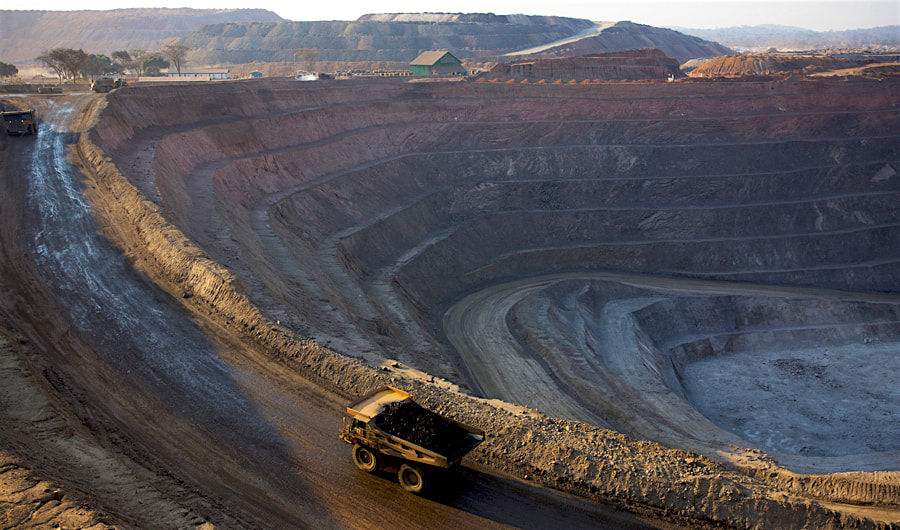Congo to hike stake in copper, cobalt venture with China

The Democratic Republic of Congo aims to boost its stake in a cobalt and copper joint venture with Chinese firms to 70% from 32%, on concerns the deal gives away too much of Congo’s resources with little benefit to the country.
The plan to boost Congo’s stake and have greater control in managing the Sicomines venture – currently dominated by the Chinese firms – was detailed in a document seen by Reuters, that outlined Congo’s demands ahead of talks to overhaul a $6 billion infrastructure-for-minerals agreement.
Congolese President Felix Tshisekedi, who is set to visit China, instructed his government on May 19 to move ahead with the talks after Congolese stakeholders “consolidated their position” on the 2008 deal.
The lopsided pact, Congo says, leaves it little means to control the operations of the venture, and the resources and revenue that are leaving the country.
He ordered the creation of an ad hoc commission in March to harmonize the negotiating positions of the Congolese institutions in charge of supervising the execution of the deal.
The commission included representatives of the presidency, the government, state auditor, the General Inspection of Finance (IGF), the Agency for Supervision, Coordination and Monitoring of Collaboration Agreements signed between the Democratic Republic of Congo and private partners, state miner Gecamines, and civil society.
‘Authentic’
Two members of the commission, who were not authorized to speak publicly, confirmed the authenticity of the document and the conclusions, which have not been reported before.
The sources said the conclusions would serve as the basis for Congo’s talks with the Chinese companies.
Congo’s government and the presidency did not respond to requests for comment.
The commission said Congo should seek a greater share in Sicomines because the 2008 agreement did not take account of an estimated $90.9 billion worth of reserves that Gecamines brought to the deal, according to the document seen by Reuters.
Chinese companies Power Construction Corporation of China, also known as Sinohydro, and China Railway Group Limited, did not respond to requests for comment.
Sinohydro Corp and China Railway Group Limited had agreed to build roads and hospitals in exchange for a 68% stake in Sicomines, the cobalt and copper joint venture with Congo’s state mining company Gecamines.
Congo is the world’s largest producer of battery material cobalt, and a major copper producer.
The commission said Congo should seek a 60% stake in Sicomines for Gecamines and its subsidiary, a non-dilutable 10% stake for the state, and 30% for the Chinese companies, to make the joint venture deal fairer for Congo.
Compensation sought
It said the amount earmarked in the previous deal to finance infrastructure, around $3 billion including interests, was insufficient compared with the value of mineral reserves given up by Gecamines.
“We estimated that the loan envelope for infrastructure should increase from $3 billion to $6 billion,” one of the sources said.
In the initial deal, $3 billion had been earmarked for developing the Sicomines joint venture, and another $3 billion for infrastructure in Congo.
In the renegotiation talks, compensation would be brought up, the source said.
“We are going to ask for a lump sum compensation of $2 billion, among other things because Sicomines sold the minerals at half price to the Chinese companies … well below the market price,” the source said, adding that the fine will be for all damages Congo has suffered.
“It is estimated that 90% of the Congo’s mining exports go to China, but its contribution to GDP does not exceed 30%,” said Jean-Pierre Okenda, director of extractive industries for Resource Matters, an NGO which is calling for greater transparency in the negotiations.
Tshisekedi is expected to raise the issues during his trip to Beijing. However, “the real negotiations with the Chinese side will only start when the president returns,” one of the sources told Reuters.
(By Sonia Rolley and Bate Felix; Editing by Bernadette Baum)
{{ commodity.name }}
{{ post.title }}
{{ post.date }}




Comments